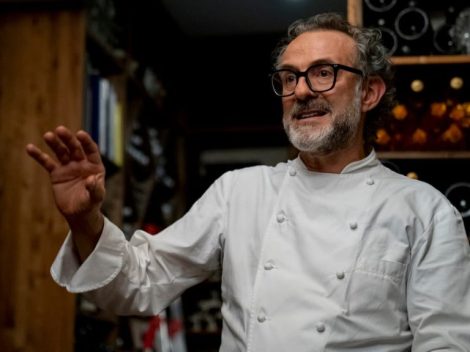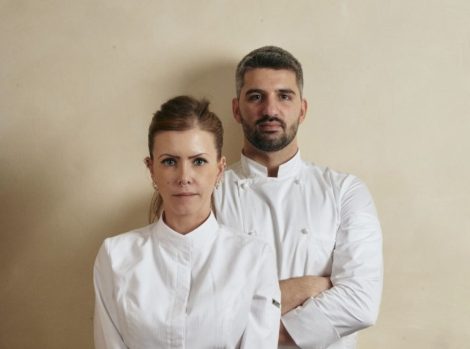"Producing wines without organoleptic flaws through spontaneous fermentations, using minimal sulphites, and without clarifying or filtering is possible, but it’s certainly more challenging, just like producing organic grapes in difficult vintages." These are the words of oenologist Antonino De Gennaro Aquino, who takes up the challenge issued last week in the Tre Bicchieri magazine by winemaker Piero Riccardi ("Stop attacking natural wine. Try making it yourselves").
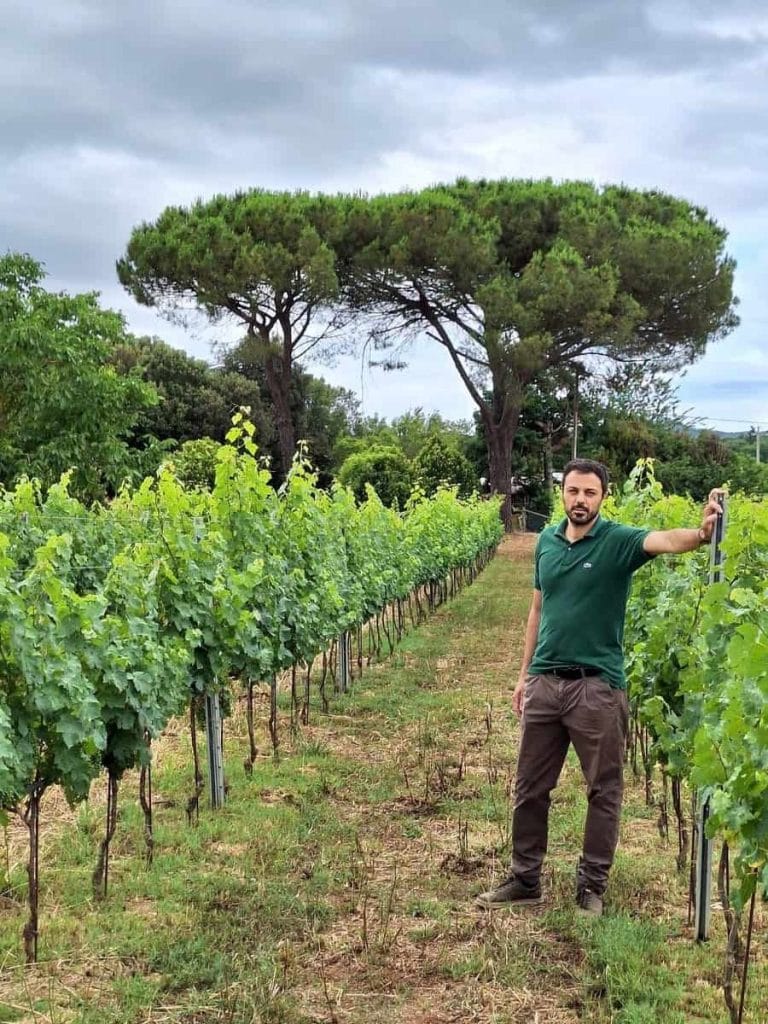
oenologist Antonino De Gennaro Aquino
End the conflict between conventional and natural wine
"Reduction, unwanted refermentation in the bottle, Brett, mousey taste, excessive volatile acidity, ethyl acetate, and biogenic amines must be avoided, but in some cases, we can overlook minor visual imperfections like cloudiness if the wine is young. Even with stability, proper ageing can help. For me, it’s a technical challenge, requiring a lot of expertise and experience, as Piero Riccardi says."
That these words come from an oenologist – who graduated in oenology in Bordeaux and works with both conventional and organic/biodynamic wineries – marks an important step towards dialogue between the natural wine world (sometimes overly rigid) and the conventional wine world (which often denies the very existence of the natural method). According to De Gennaro Aquino, "it feels like we are witnessing a useless fratricidal conflict at a time when the Italian wine system should be coming together and reaffirming that quality wine, when consumed in moderation, is not harmful to health; in fact, it’s part of our cultural heritage and can be enjoyed regularly. In the wonderfully diverse world of wine, there’s space for everyone."
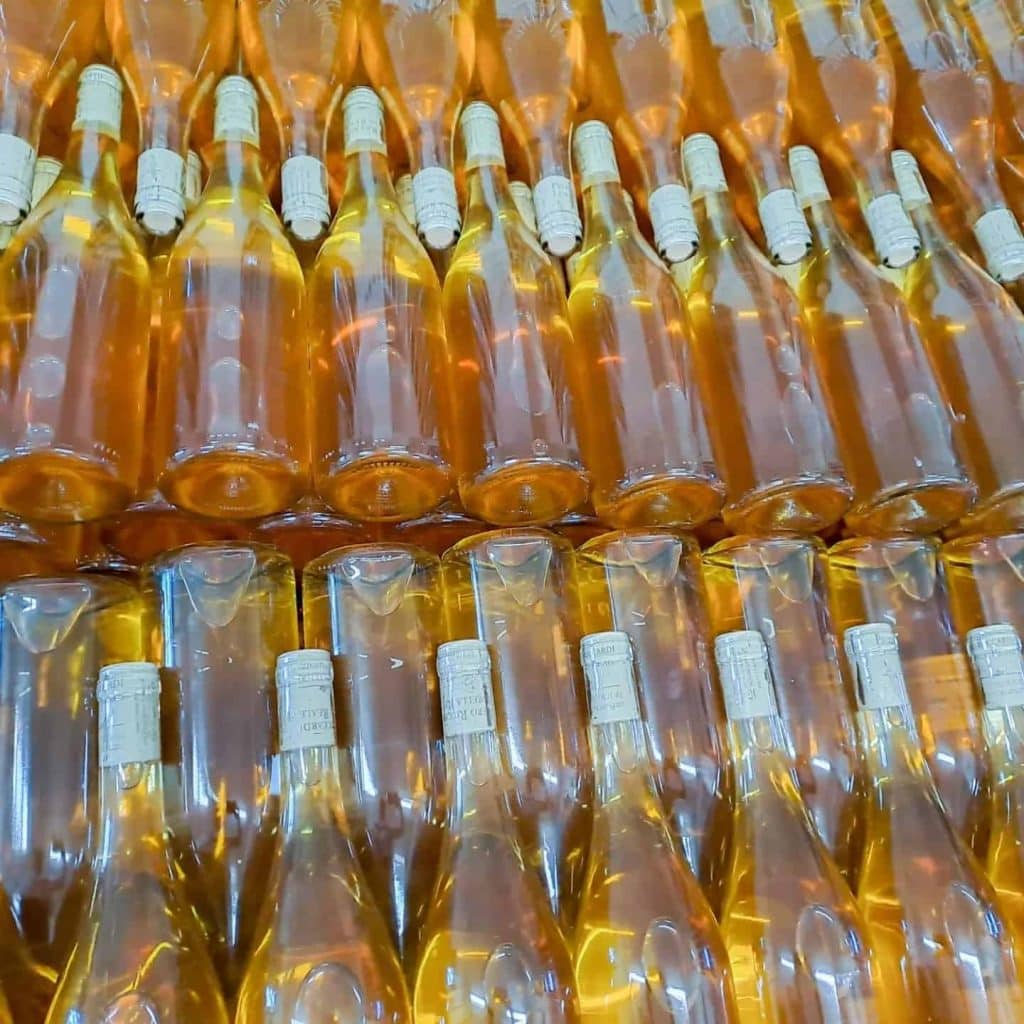
Spontaneous fermentations are not the enemy
When it comes to spontaneous fermentations, however, there seems to be some confusion, says the oenologist: "It’s not true – he argues – that they can’t be controlled and guided towards quality. Sure, there’s a risk of contamination, for example from *Brettanomyces* and other spoilage yeasts and bacteria, but wineries can implement strategies to reduce these risks, starting with vineyard management as well as cellar practices. Sometimes spontaneous fermentations are even used in conventional wineries, as long as the grapes are cultivated properly."
Be careful not to demonise selected yeasts
However, it’s wrong to blame selected yeast: "It shouldn’t be demonised – says the oenologist – it’s a strain isolated from a spontaneous fermentation in nature for its qualitative characteristics, and in some cases, improved through backcrossing in the lab with other Saccharomyces strains. Humans have always selected and crossed plants and animals to improve quality and yields in agriculture and farming. For some, plant and animal selection is acceptable, but not yeast, as if they weren’t also living beings." According to De Gennaro Aquino, the argument about homogenisation doesn’t hold up: "When homogenisation occurs, it’s more stylistic and not solely due to the use of yeast."
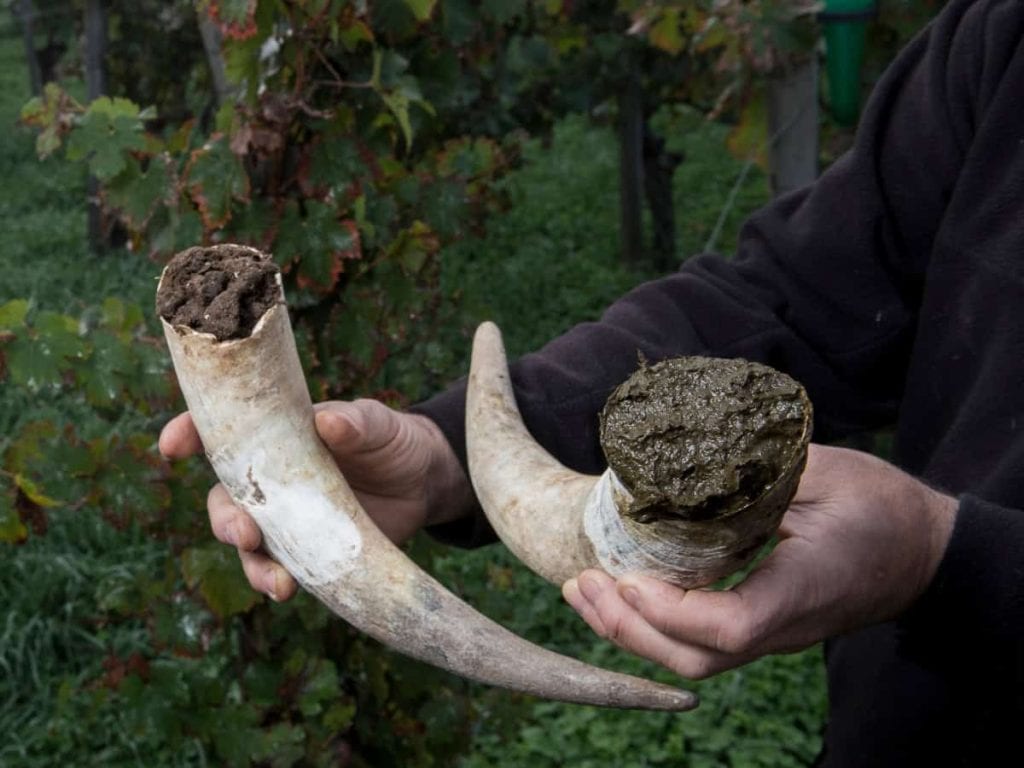
Organic and biodynamics must be pursued out of conviction, not for marketing
The Campanian oenologist also weighs in on the debate between conventional and organic farming, sparked by Professor Luigi Moio’s words ("Organic is a trap designed on paper"): "The late Professor Denis Dubourdieu used to complain that during the growing season, tractor operators were always busy with phytosanitary treatments and mechanical weeding, so they didn’t have time to work the soils. By not working the soils, in some years, the vines could go into stress, resulting in grapes with a nitrogen deficit, which is essential for proper fermentation by yeasts. I think Professor Moio was referring to this as well. Certainly," continues De Gennaro Aquino, "high-quality organic viticulture is the foundation for biodynamic viticulture. If you don’t know how to 'do organic,' you can’t practice biodynamics; it’s not enough to use horn manure once a year and post videos on social media. That’s just marketing."


 Farewell cacio e pepe in New York. "With tariffs, Pecorino Romano will also become more expensive." The warning from Giuseppe Di Martino
Farewell cacio e pepe in New York. "With tariffs, Pecorino Romano will also become more expensive." The warning from Giuseppe Di Martino Against tariffs? Here are the US foods that could be "hit"
Against tariffs? Here are the US foods that could be "hit"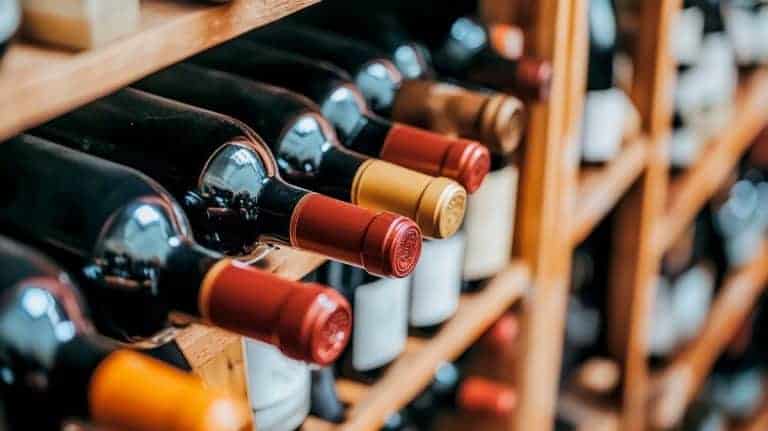 US tariffs: here are the Italian wines most at risk, from Pinot Grigio to Chianti Classico
US tariffs: here are the Italian wines most at risk, from Pinot Grigio to Chianti Classico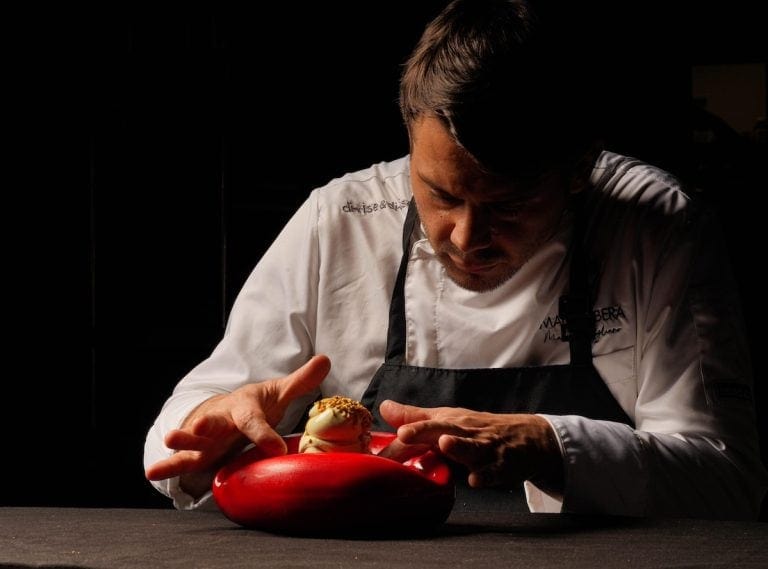 "With U.S. tariffs, buffalo mozzarella will cost almost double. We're ruined." The outburst of an Italian chef in Miami
"With U.S. tariffs, buffalo mozzarella will cost almost double. We're ruined." The outburst of an Italian chef in Miami "With US tariffs, extremely high risk for Italian wine: strike deals with buyers immediately to absorb extra costs." UIV’s proposal
"With US tariffs, extremely high risk for Italian wine: strike deals with buyers immediately to absorb extra costs." UIV’s proposal

